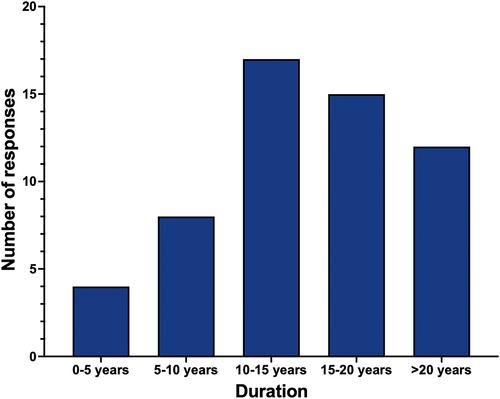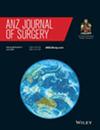Simulation-based education in the Pacific Islands: educational experience, access, and perspectives of healthcare workers
Abstract
Background
The World Health Organization (WHO) recommends simulation-based education (SBE) to acquire skills and accelerate learning. Literature focusing on SBE in the Pacific Islands is limited. The aim of this study was to determine Pacific Island healthcare workers' experiences, perspectives, and access to SBE.
Methods
This was a cross-sectional survey of Pacific Island healthcare workers. We designed an online questionnaire based on existing literature and expert consultation. The questionnaire included Likert scales, multiple-choice, multi-select and open-ended questions. Participants were healthcare workers recruited from professional networks across the region. Descriptive statistics and relative frequencies summarized data, and comparative testing included unpaired t-tests, Mann–Whitney U, Chi-squared and Fisher's exact tests. Free-text responses were presented to illustrate findings.
Results
Responses from 56 clinicians working in 11 Pacific Island countries were included. Fifty were medical doctors (89%), including 31 (55%) surgeons. Participants reported experience with scenario-based simulation (73%), mannequins (71%), and simulated patients (61%). Discrepancies were identified between previous simulation experience and current access for simulated patients (P = 0.002) and animal-based part-task trainers (P = 0.002). SBE was seen as beneficial for procedural skills, communication, decision-making and teamwork. Interest in further SBE was reported by most participants (96%). Barriers included equipment access (59%), clinical workload (45%) and COVID-19 restrictions (45%).
Conclusion
Some Pacific Island healthcare workers have experience with SBE, but their ongoing access is predominantly limited to low-technology modalities. Despite challenges, there is interest in SBE initiatives. These findings may inform planning for SBE in the Pacific Islands and may be considered prior to programme implementation.


 求助内容:
求助内容: 应助结果提醒方式:
应助结果提醒方式:


